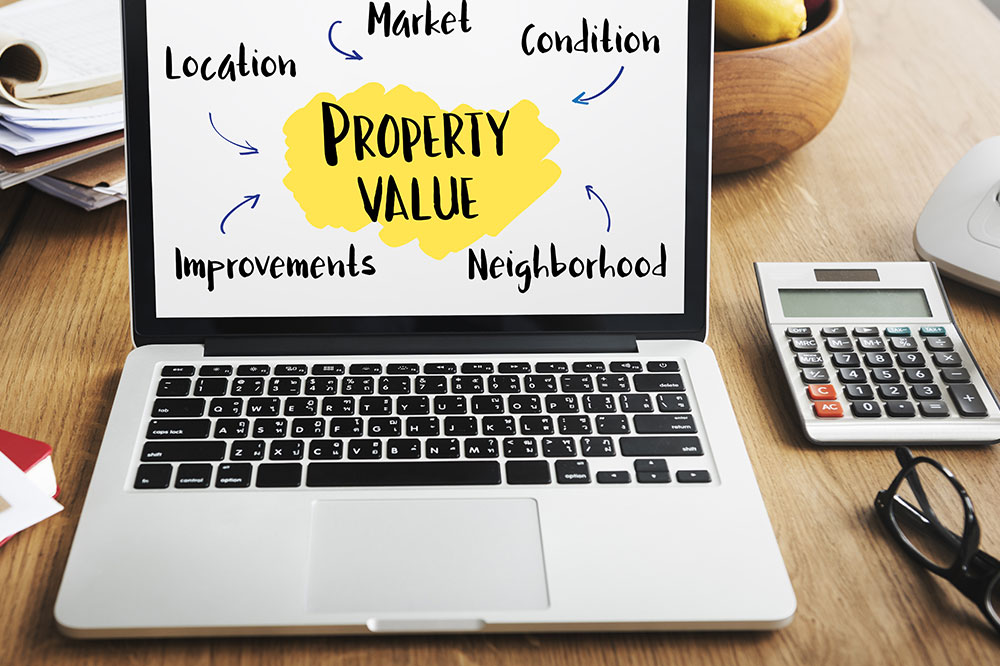Comparing Fixed Value and Depreciated Value Boat Insurance Policies
This article compares Fixed Value (Agreed Value) and Depreciated Value (Actual Cash Value) boat insurance policies. It explains the benefits and drawbacks of each, helping boat owners make informed insurance choices. Fixed Value policies provide guaranteed payouts and comprehensive coverage, while Depreciated Value policies are more affordable, considering wear and tear. Understanding these differences ensures you select the best coverage for your boat’s safety and your budget.
Sponsored

Understanding Fixed Value versus Depreciated Value Boat Insurance Options
Choosing the right insurance coverage for your boat can be confusing, especially when deciding between a Fixed Value (Agreed Value) and a Depreciated Value (Actual Cash Value) policy. These options differ significantly, each offering unique benefits and considerations. Below, we explore their key differences to help you select the best fit for your boat.
Fixed Value (Agreed Value) Policy
This coverage guarantees a pre-determined amount if your boat is damaged or lost. Claims often settle on a “new for old” basis when repairs are partial. This policy does not cover all types of accidents, so discuss coverage details thoroughly with your insurer before filing a claim. Many owners prefer fixed value policies because they know exactly what payout to expect and can recover the full insured amount if needed. The application process is straightforward, and despite higher premiums, it provides more comprehensive protection.
Depreciated Value (Actual Cash Value) Policy
In contrast, a depreciated value policy considers wear and tear, damage, and age of the boat, resulting in a payout based on its current worth. You receive only the amount the boat is worth at the time of loss, which is often less than the original purchase price. Although this policy tends to be more affordable and simpler to claim, it offers less coverage overall. It's important to evaluate both options carefully based on your needs and budget before making a decision.






